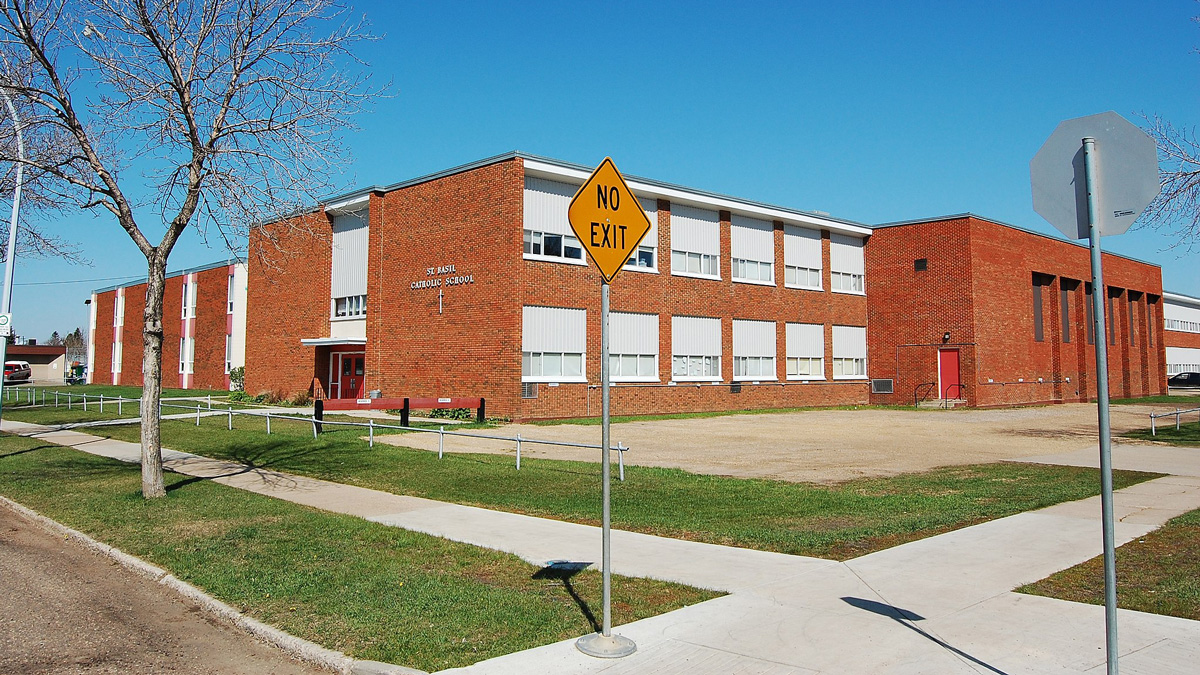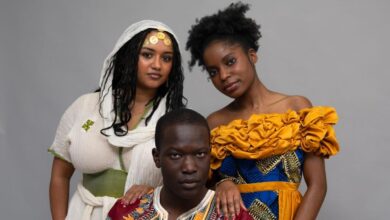 Supplied
SuppliedWhat makes a word funny? Why are some words so much fun to say? Professor Chris Westurbury and his team of researchers from the U of A Department of Psychology think they’ve found the answer, but their study on which words are the funniest makes a massive oversight: they didn’t account for the internet.
According to Dr. Westurbury, certain characteristics separate funny words from their less funny counterparts. This can be in terms of form: how the word itself is structured and what vowel and consonant sounds it has. For example, the team found that words with the “k” consonant and the “oo” vowel were often perceived as funnier. Semantics also plays a role; what other funny words does the word remind you of? What emotions does it evoke? For example, the word “cooch” is funny because of its association with vaginas.
After recording test subjects’ reactions to a wide range of words and analyzing the data, the team came up with a list of the funniest words in the English language for the Canadian cultural context: upchuck, bubby, boff, wriggly, yaps, giggle, cooch, guffaw, puffball, and jiggly.
Honestly, when I read that list, I didn’t so much as crack a smile. Sure, some of those words sound goofy, but “giggle?” Pretty weak. My 15-year-old sister didn’t think they were all that funny, either. And after some consideration, I think I know why.
According to the study, age didn’t really matter when it came to what people found funny, but cultural differences did. But if you ask me, they weren’t looking deep enough. They failed to take into account that the humour of Millennials and Generation Z is heavily influenced by a force that previous generations haven’t grown up with: the internet. Their research didn’t consider… the memes.
This isn’t to say that they were totally off-base: a lot of funny “meme” words share formal and semantic markers with the words selected for the list. “Bepis,” for example, started as a messed-up spelling of “penis,” which connects it to genitalia. “Snart” rhymes with “fart.” “Coochie,” of course, is just another way to say “cooch.” But the hilarity of meme words goes beyond grade school toilet talk.
Memes reflect how we think about popular culture, as well as how we subvert cultural norms. The “His Name is Snart” meme gets a lot funnier when you see the medieval painting of baby Jesus that the word is attached to. Jesus is normally a highly-respected figure in our society and in most societies he’s present in, so seeing such a silly-looking representation of him subverts our expectations — especially when we decide to give him a name that reminds us of passing gas. “Bode” is a funny word on its own, but it’s massively improved when photoshopped over photos of fat cats, reflecting our collective obsession with overweight felines on the internet.
Then, of course, there’s finding amusement in playing with language and creating new connotations. Spelling “boy” as “boi,” “suck” as “succ,” or “hello” as “hewwo” (shudder) has a whole different meaning if you understand where these misspellings come from and why they’re popular. If you don’t, these misspellings are perplexing and strange, which only makes it funnier for those in the know. It’s an inside joke shared by an entire generation, one that those who came before us cannot hope to fully understand.
The internet has had a profound influence on my generation’s way of thinking. The absurdist and often nihilistic humour of memes has both shaped the way we talk to each other and what we find amusing in everyday life. When it comes to what tickles a person’s funny bone, generational cohort differences cannot be ignored, especially in a day and age when different generations grew up in very different technological landscapes. If you want to talk about what makes people laugh, you’ve got to talk about memes.




